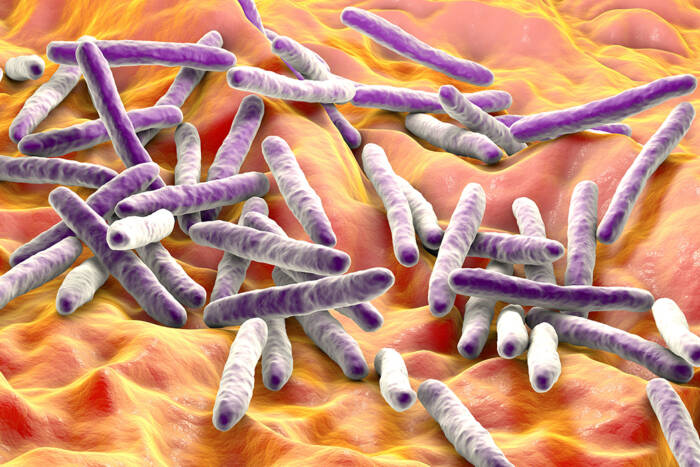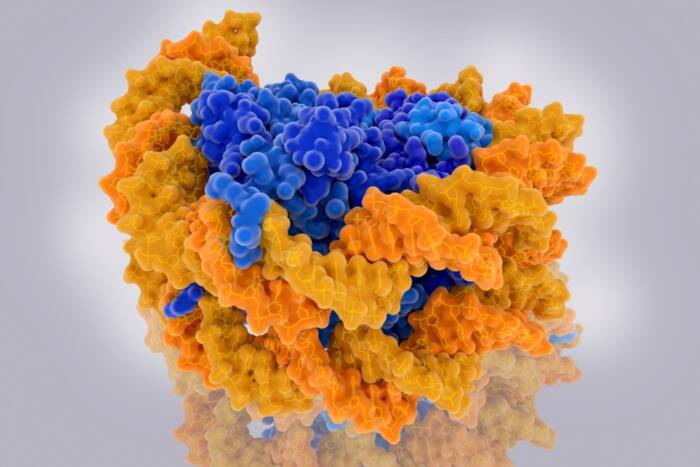Jessica Howell
B.A., University of Pennsylvania
Mechanistic and Physiological Studies of the Insulin-dependent Regulation of Foxa2
presented by Markus Stoffel
Jessica Howell joined my lab in 2005. She came well prepared for her Ph.D. work, having graduated from U Penn and worked in the laboratory of another Rockefeller graduate. Jessica decided to work on my favorite project, a transcription factor called Foxa2 that has a history here at Rockefeller. It was originally identified by Jim Darnell, who showed that this factor is important for liver-
specific gene expression, and the first structure of the DNA binding domain of Foxa2 was determined by Stephen Burley in the late ’80s when he was here.
We recently discovered that in the liver, Foxa2 acts as a sensor, and that it integrates lipid metabolism in the fasted and fed states. In the fasted state, Foxa2 is active and regulates the expression of genes that burn fat or produce ketone bodies that are utilized by other tissues. In the fed state, when energy sources abandon and insulin levels rise, Foxa2 is inactivated through phosphorylation and nuclear exclusion. Jessica investigated the molecular mechanism by which the activity of Foxa2 is regulated. She identified the machinery that is responsible for shuttling Foxa2 in and out of the nucleus and a specific domain that mediates the export of Foxa2 from the nucleus to the cytoplasm. She showed that mutations in this domain prevented Foxa2 from being exported from the nucleus and that it can still be regulated by insulin signaling. She also participated in studies that revealed that Foxa2 regulates two important neuropeptides in the brain: melanin-concentrating hormone and orexin, which stimulate appetite and alertness and food-seeking behavior during fasting. These studies uncovered that Foxa2 acts as a metabolic sensor in neurons of the hypothalamus to integrate metabolic signals, adaptive behavior and physiological responses.
In 2006, I decided to take a position at the ETH, Zurich. To my delight, Jessica decided to join the lab in this journey and continue her studies in Switzerland. This move was not always easy for Jessica, since that meant leaving family and close friends behind. But Jessica quickly adapted to the new environment, with the exception of the new time zone, which resulted in her working very late hours in the lab. Jessica also learned to like Bircher muesli, Swiss cheese and Lindt chocolates. Conversely, she introduced her colleagues to fine American foods, such as Hershey brownies and marshmallows. Jessica also took advantage of living in Central Europe by visiting many European countries and major cities; she even learned a modicum of Switzerdeutsche, which is a funny German accent that I cannot speak. Jessica will finish up her work in Zurich and work as a postdoctoral fellow and enjoy Swiss postdoctoral salaries for a few months before returning to the States in the fall to interview for academic positions and prepare for her wedding. I don’t know in which order she will do this. I do know, however, that Jessica will have a bright future in science, and I wish her the best of luck in her personal and professional life.



